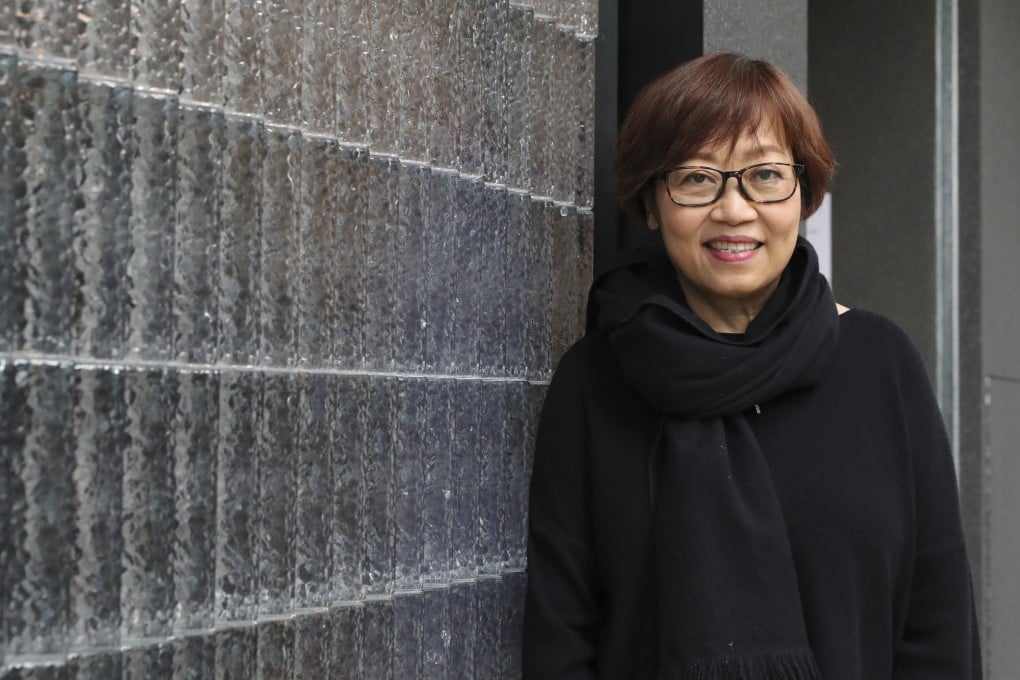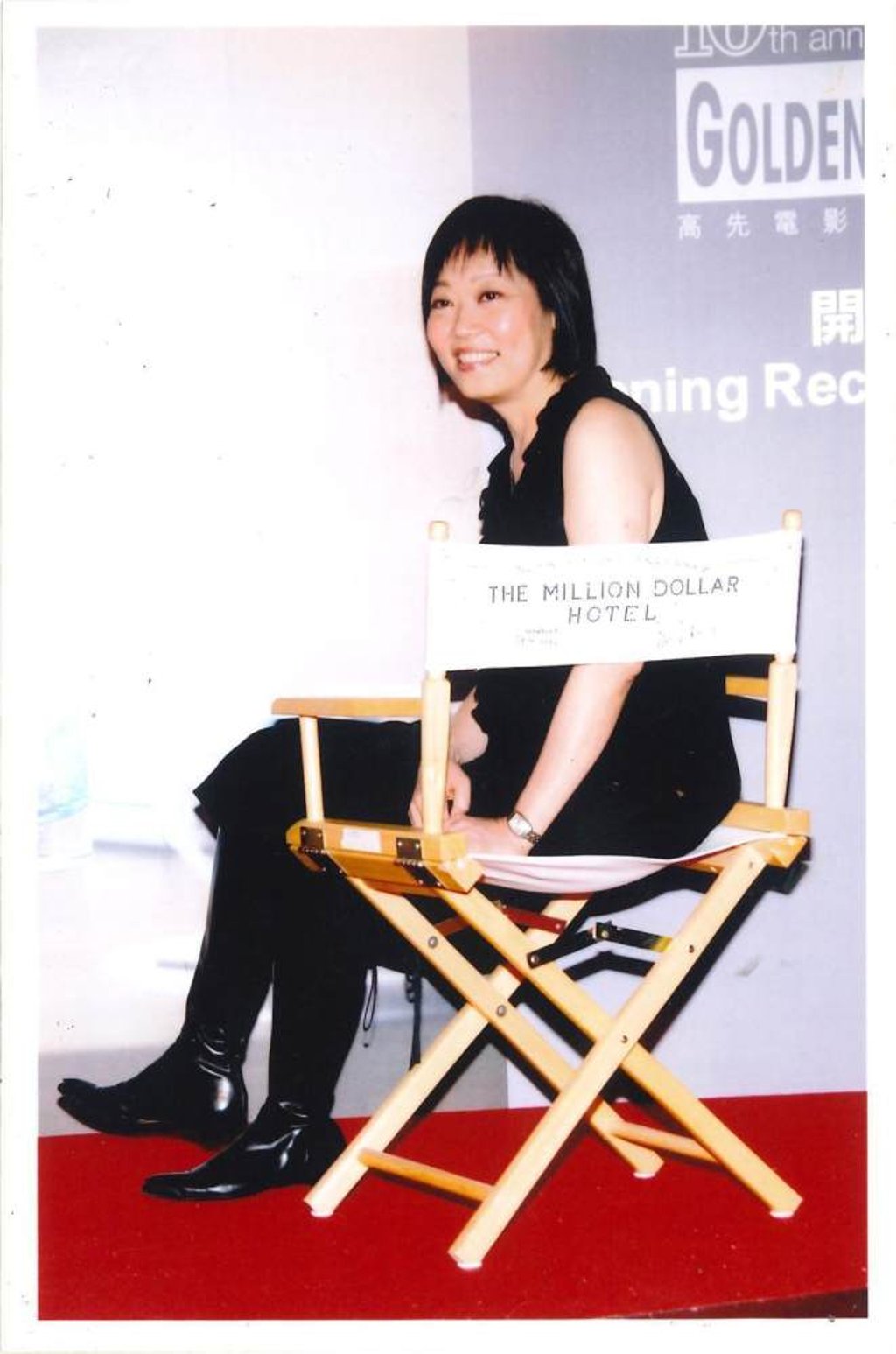Lifelong movie fan opens her first cinema in Hong Kong’s Kennedy Town, realising a long-held dream
- Tsang grew up watching movies and worked in the industry for decades before opening her first cinema in fast-gentrifying neighbourhood on Hong Kong Island
- The Golden Scene cinema, with four screens and 283 seats, is housed in a former church, and Tsang believes her Christian faith helped her find the building

For at least a decade, Winnie Tsang Lai-fun dreamed of having her own cinema. Tsang is the founder and managing director of Golden Scene, which distributes, and occasionally produces, films.
In Hong Kong, big cinema complexes tend to be owned by the studios that make movies, and they get screening priority. That can make it difficult for smaller films, local and foreign, to gain traction in Hong Kong, and Tsang wants to change that. However, the city’s independent cinemas have never had it easy; and these are complicated times.
“It took us almost one-and-a-half years to find the location,” she says in Kennedy Town on Hong Kong Island, where Golden Scene’s first cinema – with four screens and 283 seats – opened last month. She’s perched on a plastic stool behind the bare bar (its liquor licence is pending) and people are strolling past on their way to afternoon viewings.
At her throat gleams a crucifix. As it happens, the place she eventually found for the cinema, on the corner of North Street and Catchick Street, used to be a Protestant church.

“I think God gave this to me,” she says. “I found Him when I’m very sick. I had cancer in 2019. I didn’t hide it but I didn’t publicly announce it. Now, I don’t mind telling people. It can encourage them that cancer is curable. You don’t have to be upset.”
She was undergoing chemotherapy at the same time she was negotiating with the landlord of the site in Kennedy Town. “I was wearing a wig,” she says. “And my colleague, Felix, did all the pitching. I just had to show my face.”